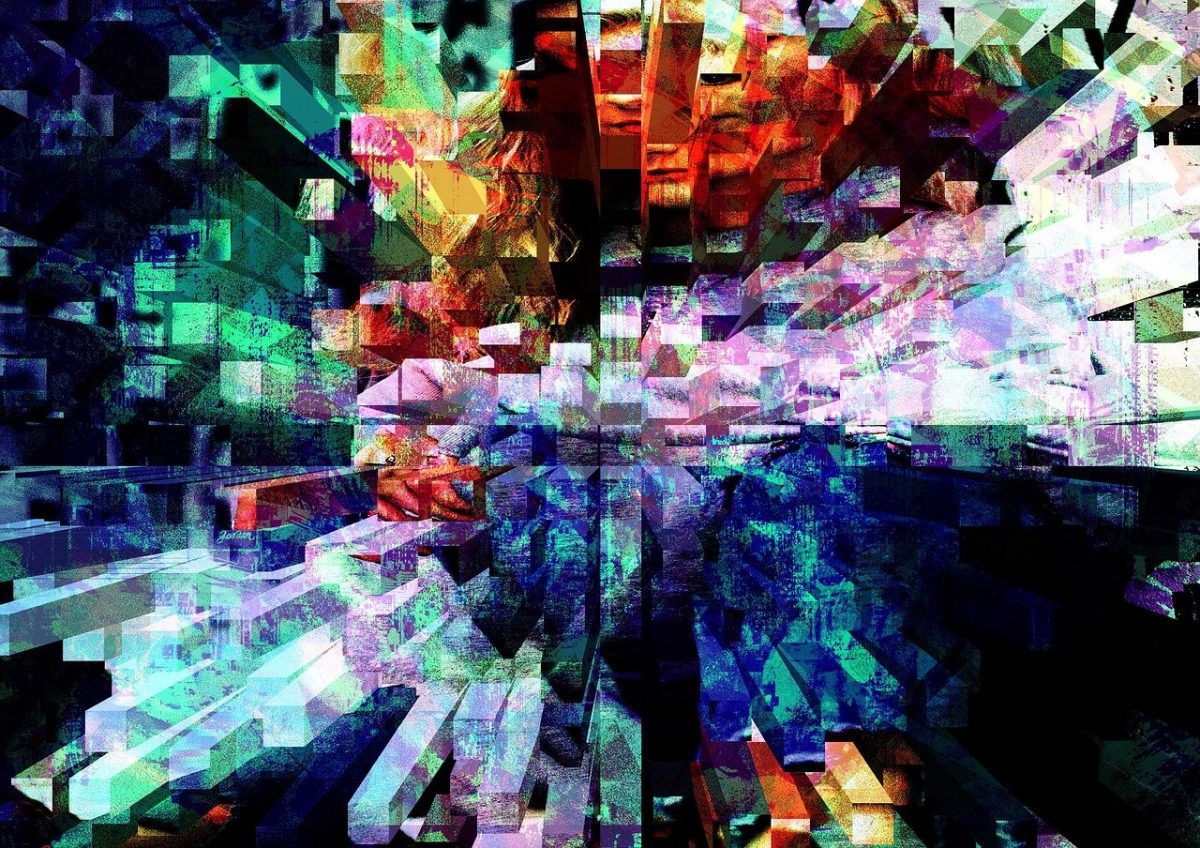
By Yamila García
Self-pressure is something you learned, not something you were born with. The obvious differences I’ve had since childhood and the subsequent reactions from people made me keenly aware of how others perceive me. That’s how I learned to demand and pressure myself to be “enough” in the eyes of others, as if there were a way to measure what “enough” truly means. However, nothing I did was ever sufficient in my own critical view. Thus, I spent all my years trying to compensate for the negative perceptions I knew my differences caused in others. I fought hard to reverse that, but the more I struggled, the farther I moved from achieving it. The more I learned and accomplished, the more distant I felt from that approving look that I so desired.
The reality was that the first person who disapproved of me and didn’t consider me enough was myself. I know that the gaze of others influenced the way I saw myself too. Although I allowed myself to be authentic in many aspects of my life, on the other hand I sought approval by trying to be as efficient and capable as possible. And in that search I trampled my feelings and denied the importance of who I am. I lost the battle when I gave others the power to define my value. I stopped loving myself for thinking that I had to be efficient so that others would think: well, she may be weird but at least she’s useful. Because I learned that people are often kind when you are useful to them. But I am much more than useful! How sad to be like this really. Measuring how much you respect the other according to how much they can contribute to you.
I was always enough but I lived many years without knowing it. I was enough even the times I felt like I was nothing. I am enough, beyond the gaze of others, beyond my fears, my differences and my skills. I am enough and valuable because I exist, live and fight day by day. Don’t let anyone interfere with your own thoughts about you. I don’t do it anymore. We all have a lot to celebrate about ourselves even if others don’t see it. Only you can give yourself the value you have. No person, achievement, goal, or event can increase your inherent worth; what you are, you already have within you. Celebrate yourself!








